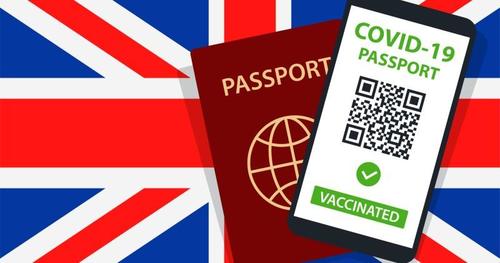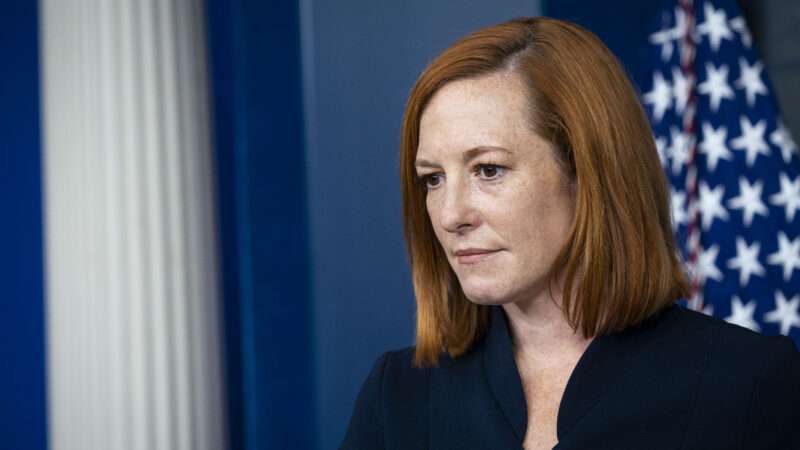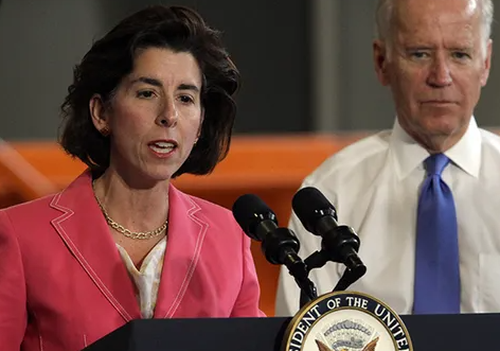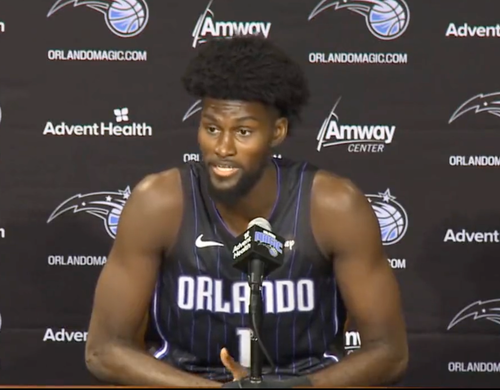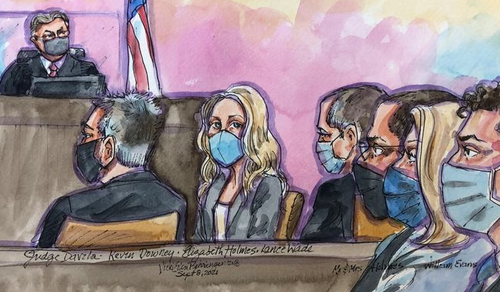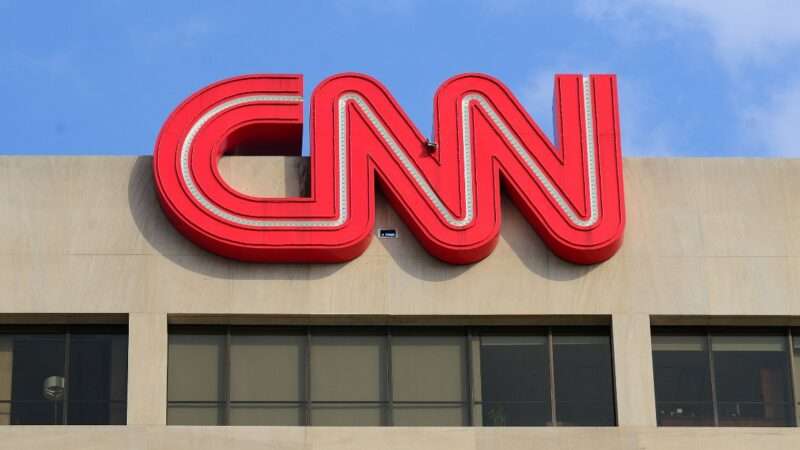
In response to Australian court decisions holding media companies legally liable for the comments by users, CNN has blocked access to some of its Facebook pages from users in that country.
This is an inevitable outcome of a bad decision and a reminder of why it’s important not to try to force government-mandated moderation policies onto massive social media platforms that will inevitably lead to either censorship or lack of access to information.
Earlier in September, Australia’s High Court (the country’s top court) ruled that a television station could be found legally liable for comments posted on Facebook about Dylan Voller, footage of whom was part of media coverage of problems in Australia’s youth jail system. Voller claimed the comments were defamatory and sued not the commenters but the media outlets, arguing that they were the publishers of such comments.
Media outlets fought back, pointing out that they were not the publishers of outside comments that came to them on Facebook and had limited ability to moderate or control them.
But the court disagreed, with the justices concluding that by creating a Facebook page in the first place, media outlets were inviting people to comment on the stories and therefore were publishers responsible for the content of the comments.
The Wall Street Journal now reports that CNN has decided the risk is just not worth it and will cut access to some of their pages. According to the Wall Street Journal‘s report, representatives from CNN asked Facebook to implement the ability for outlets to disable all comments for their Australian pages in order to reduce the liability exposure. Facebook apparently declined to do so, leaving them only with the option to moderate individual comments:
Ultimately, CNN concluded that managing comments on posts from each of its accounts was too time-consuming and instead opted to restrict access to its pages in the country, the person said. CNN executives believe that Facebook should be responsible for helping publishers comply with laws that apply to content on its platform, the person said.
“We are disappointed that Facebook, once again, has failed to ensure its platform is a place for credible journalism and productive dialogue around current events among its users,” a CNN spokeswoman said.
There is some traditional media vs. social media conflict going on here as well. Facebook responded by calling for reform in Australia’s defamation laws, but also by assuring Australians that the platform still “provide[s] a destination for quality journalism, including through Facebook News which we launched in August.”
The big losers here are citizens of Australia who want to access CNN’s content via social media. The Wall Street Journal reports that CNN is the first media outlet to cut Facebook access in the country, but they’re certainly not going to be the last. So if you’re not a fan of CNN’s media coverage—even if you absolutely loathe CNN—this is not something to celebrate. Not only does this potentially affect every single media outlet, but it could also affect anybody who draws the attention of trolls on Facebook who want to make their lives miserable by posting defamatory statements.
from Latest – Reason.com https://ift.tt/3zSlsvQ
via IFTTT



